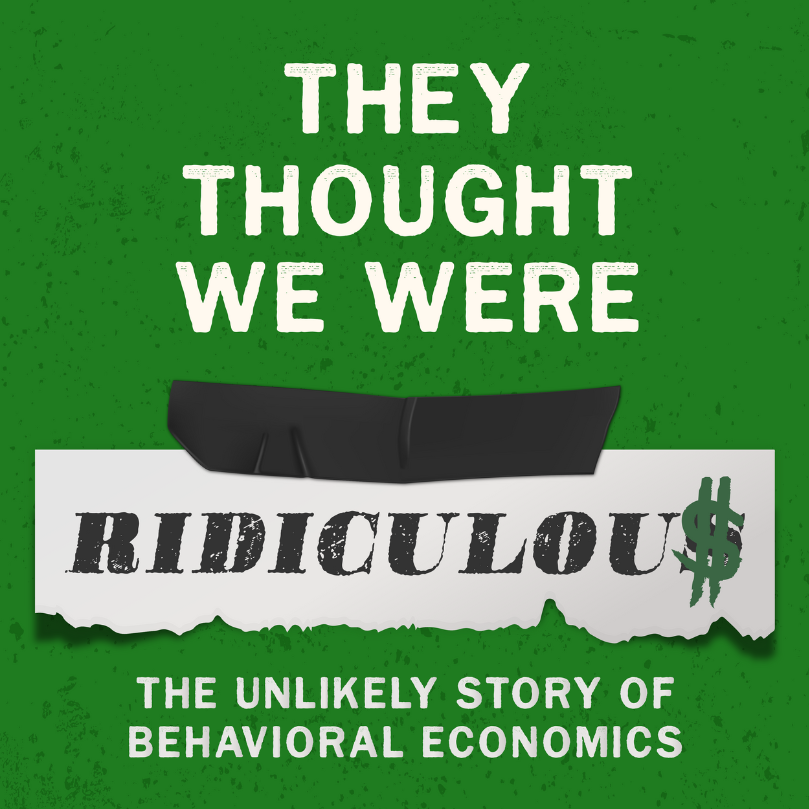The notion of merging psychology with economics initially faced staunch skepticism, with errors perceived as random rather than systematic. However, everything changed when psychologists Daniel Kahneman and Amos Tversky joined forces, armed with groundbreaking ideas about human decision-making. Their meticulous research not only introduced a fresh perspective on understanding people’s choices but also ignited the flames of Behavioral Economics. Through collaboration with other influential figures in the field, including Richard Thaler, their work spearheaded a transformative movement that challenged conventional economic assumptions, propelled novel ideas forward, and seamlessly integrated psychological theories into economic theory and practice.
Discover
- Are errors random or systematic? The challenges of merging psychology with economics
- Why we rely on quick mental shortcuts in decision-making
- How a single question can short-circuit the rational mind
- The importance of marrying psychology and economics for understanding our behaviors



